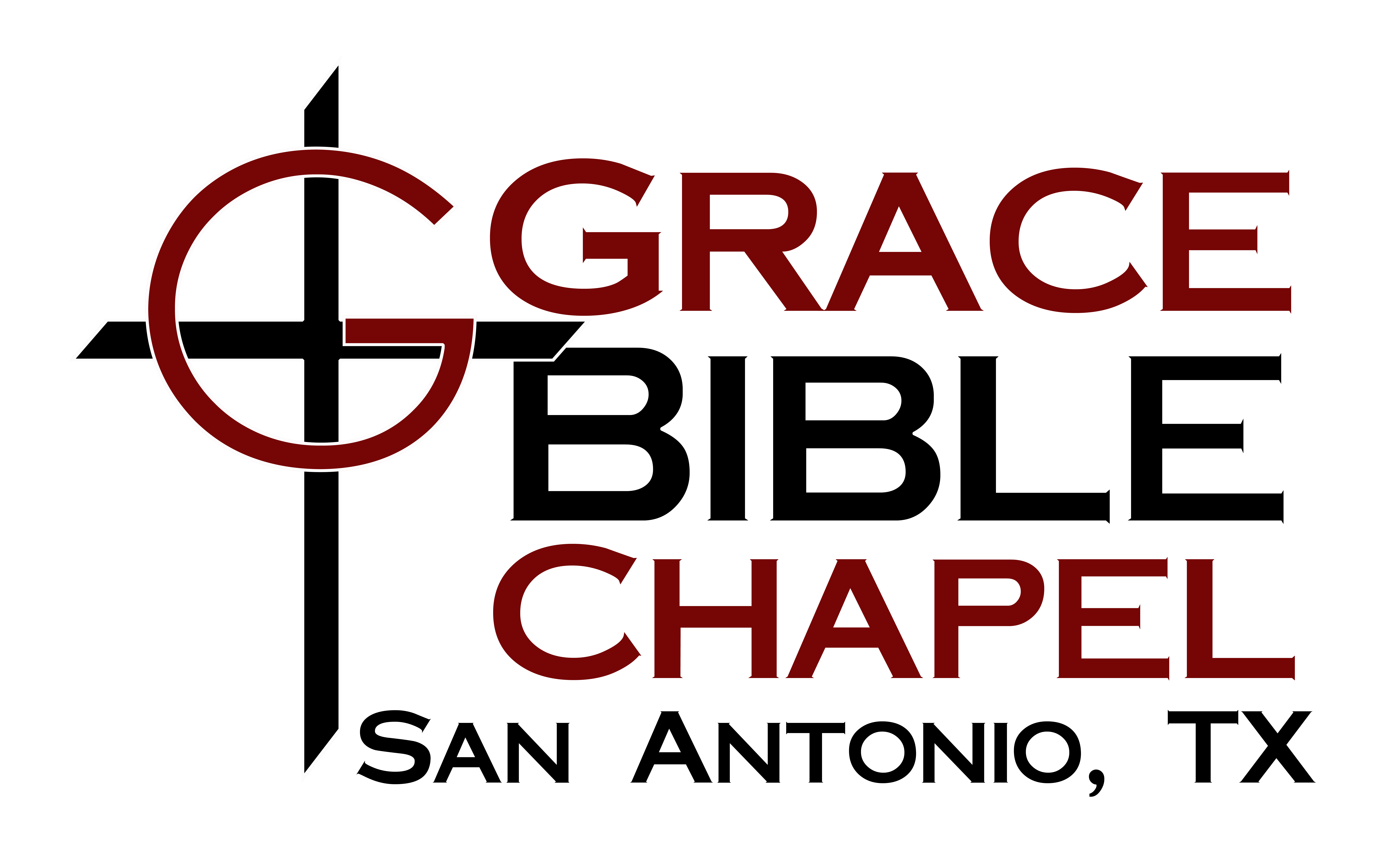
Pastor’s Thoughts – 07-14-2024
July 12, 2024
Pastor’s Thoughts – 07-28-2024
July 27, 2024“The Second Coming of Jesus Christ is a cardinal doctrine of the Christian faith. It is not minor, it is not unimportant, it is not secondary or tertiary, it is critical. It is a substantial reality in our faith. In fact, in some ways the Second Coming of Jesus Christ is the most important of events because it’s the end of the story, because the Second Coming consummates everything, everything.”
John MacArthur
Fear is both an emotion and a sense that occurs in us which can cause change in our thinking and behavior. Fear is peculiar in that it is both good and bad. It is good because proper fear keeps us from doing things that can harm us, or from being around those who can harm us. We would be foolish not to fear fire. This is what we would call common sense. No one wants to be burned. We should also fear those who would harm us physically or spiritually. It is bad in the sense that improper fear brings worry and anxiety.
The Bible repeatedly addresses appropriate and inappropriate fear. This exact phrase, “Do not fear” is used, according to my software, 334 times in God’s Word. In most of these biblical contexts fear is seen either because of a direct confrontation with God or through angels or a prophet. In most of these, the recipients are told not to fear. To not fear in these situations requires faith. God by His presence either directly or through angels naturally causes extreme fear, or a form of great dread. God also brings about circumstances that without a knowledge of Him or a right relationship to Him causes the most fearless of mankind to fear. This was true of the Roman soldiers guarding our Lord’s tomb. However, the instances where people are told not to fear are not declaring that God should never be feared. Instead, they are encounters where God is not manifesting Himself for harm, but for assurance to those who know Him.
John expresses this aspect of righteous fear in John 4:18. “There is no fear in love, but perfect love drives out fear, because fear involves punishment, and the one who fears is not perfected in love.” The word for fear in this context means fright or terror. This kind of fear is one where the one fearing knows their guilt before the Holy God. Love here is associated with the new birth in Christ and union with Him by faith. The very next verse says, “We love because He first loved us” (1 John 4:19). The dread that naturally comes because of who God is and who we are in sin is replaced by faith when we know our sins are forgiven. What then replaces what otherwise would be dreadful fear is the gratitude of love. What also can be defined as fear in those forgiven is not dread but reverential awe. I believe that as love and understanding of who God is in His saving grace and His compassion grows in the person, the dread kind of fear diminishes while the reverential awe kind of fear increases. Both kinds of fear are real depending on the person and the circumstances.
Looking at our approach to understanding fear is seen in the inspired wisdom book of Proverbs. We are told in Proverbs 1:7, “The fear of the Lord is the beginning of knowledge.” Then in Proverbs 9:10 it says, “The fear of the Lord is the beginning of wisdom.” There is a progression to these. They are interrelated. Appropriate fear of God is associated with beginning to understand or know who He is as the Creator, Sovereign, and Judge. Our Lord Himself stated, “Do not fear those who can kill the body but are unable to kill the soul, but rather fear Him who is able to destroy both soul and body in hell” (Matt. 10:28). This is wisdom from God. As we grow in Him through His Word and the Holy Spirit, we receive the ability to think and react correctly. This relationship and familiarity with Him keep us from dread. The process of turning knowledge into effective reactions is that which we define as wisdom. Therefore, as we grow in our knowledge of God producing reverential awe, we will from the same source, the Word of God, develop wisdom to do that which is pleasing to God. This is one of the reasons that Bible study is so very important.
It is of great significance that the Bible tells us why that we do not naturally fear God. In Paul’s description of man’s sinful condition at birth he gives this last key aspect, “There is no fear of God before their eyes” (Romans 3:18). This is the reality of man’s condition in depravity, and the reason for mankind’s sinful actions and continual foolish rebellious behavior. The thinking of the lost man is such that he lives as though there is no God or accountability. The confessional words of Solomon after he had experimented with all forms of behavior are important. He assessed it all as vanity. He concluded, “When all has been heard, fear God and keep His commandments, because this applies to EVERY person” (Eccl. 12:13). This comes not only from the description of the wisest person who ever lived, but more importantly He was under divine inspiration.
What can we conclude concerning correct thinking about fear? We should not fear others and not fear circumstances if our hope is in Christ. Instead, we should make it our supreme ambition to know God. By knowing Him, we will have our affections, our hope, and appropriate fear in the form of reverential awe fixed upon Him. Psalm 1 is a very important Psalm as it establishes the divide of mankind. It gives the reality that the righteous will stand in the judgment whereas the wicked will not, they will fall. If we have a correct view of God, we will by faith reverence Him and have the right to stand before Him. Our standing will be because of Christ. If we on the other hand have neglected a true relationship with Christ, having no fear of God, we will shrink in dread at His presence. It is a wonderful reality to apply the passages where God says, “Do not fear” because we have a relationship with Him. Many of us are facing significant difficulties. If you are in Christ, do not fear. God, who is our Father, is sovereign over all of our circumstances. We can trust Him wholly when He says, “Do not fear!” Praise His holy name!


